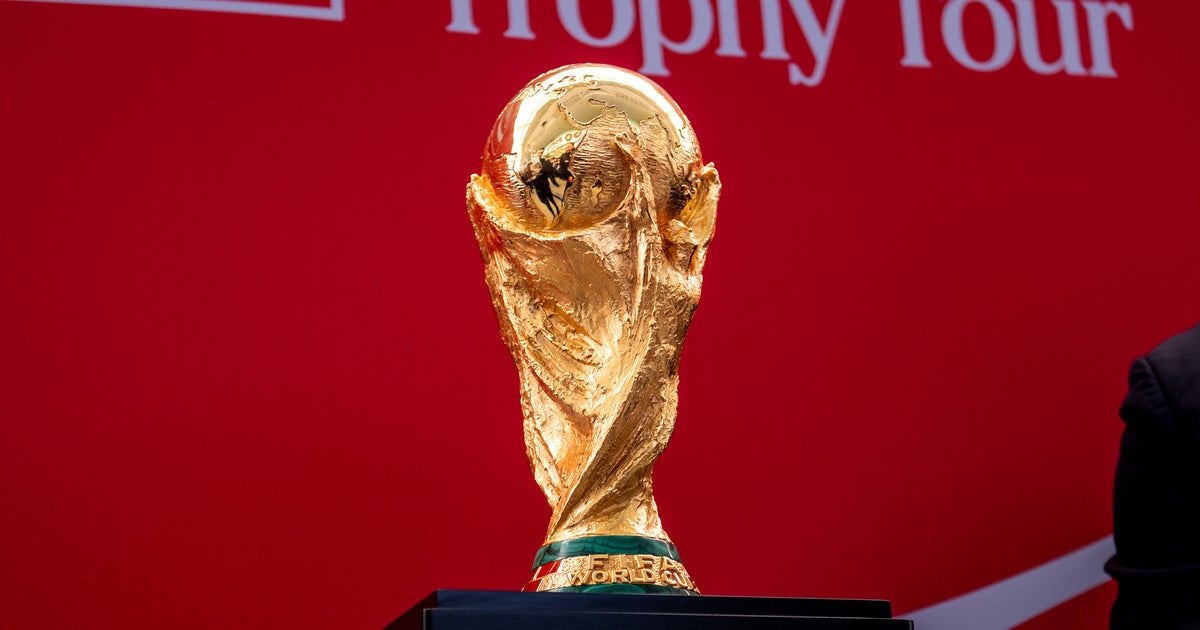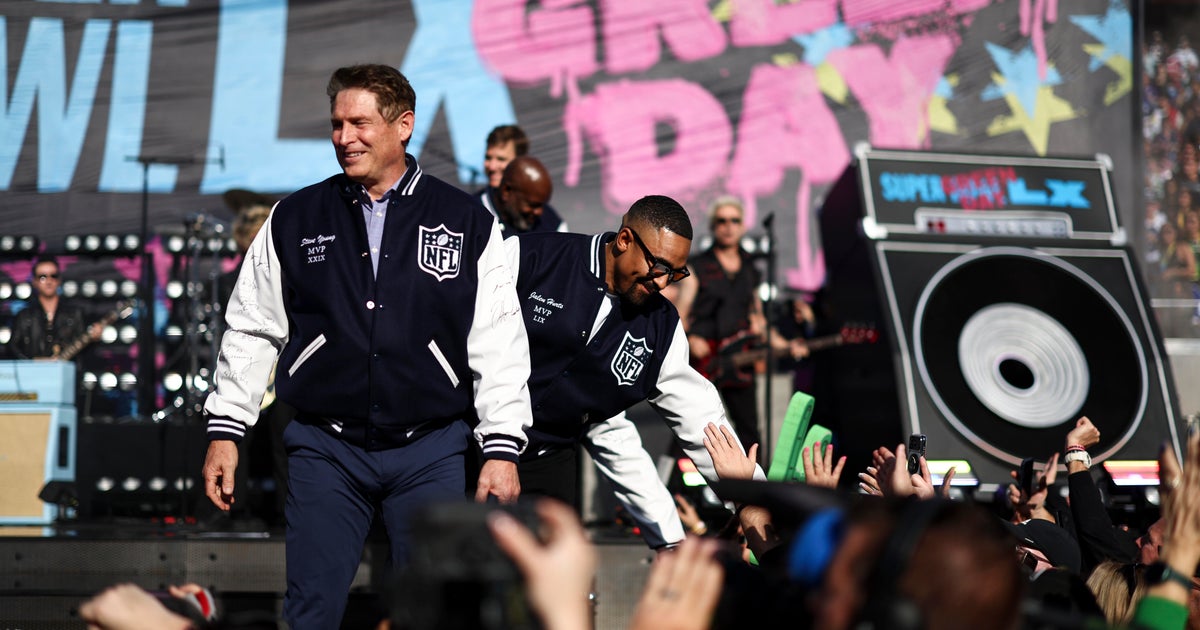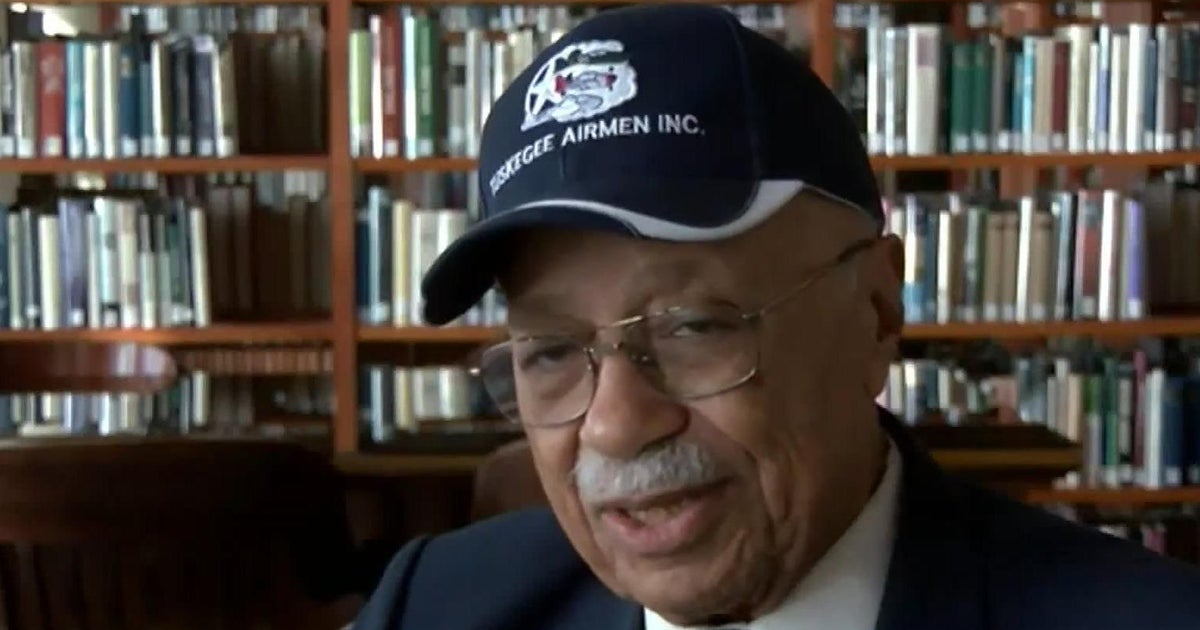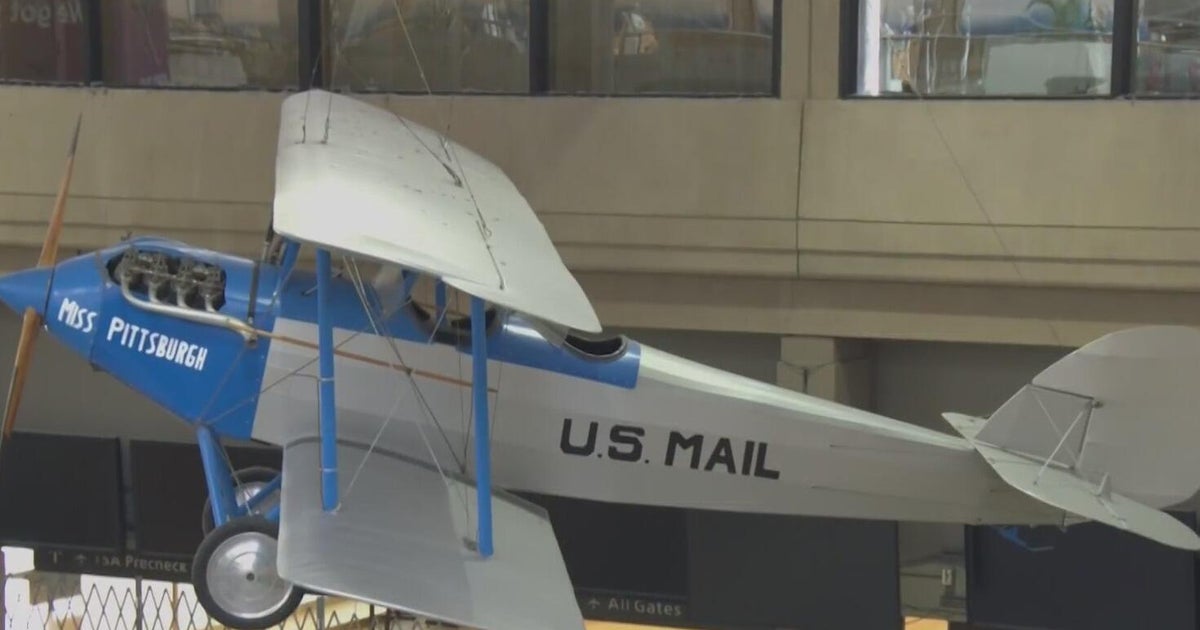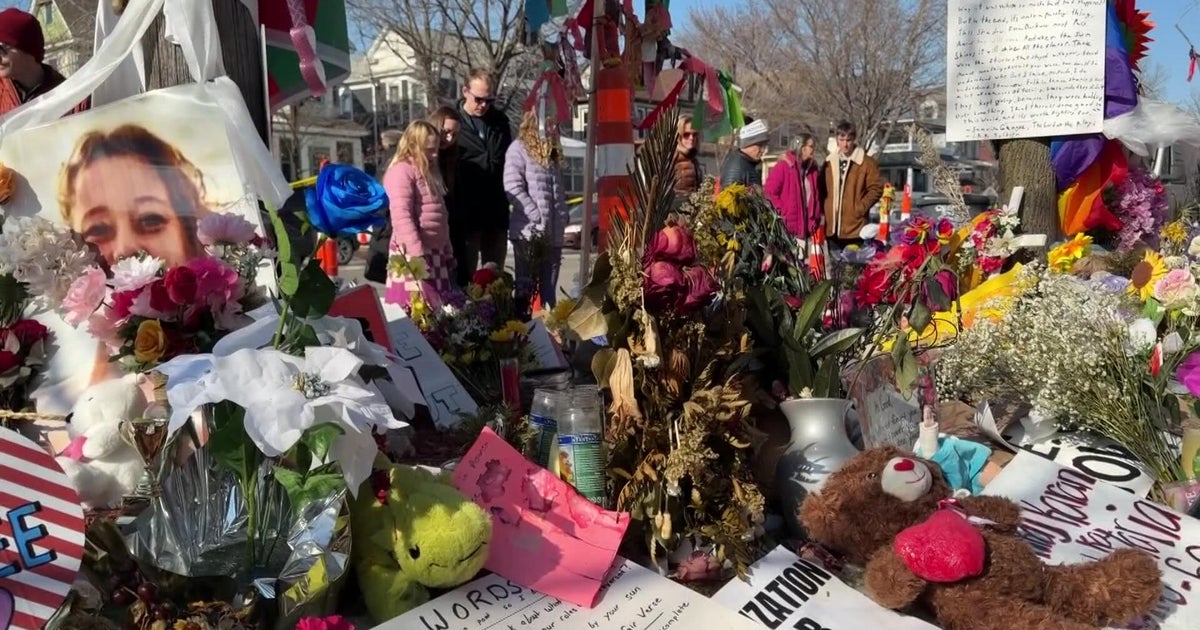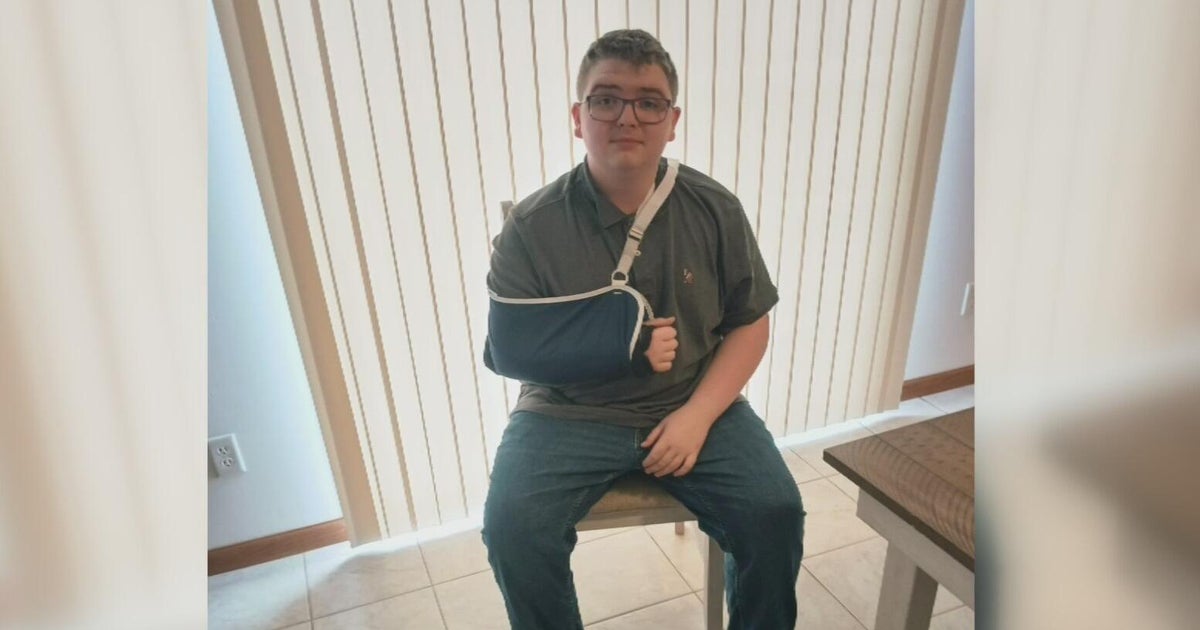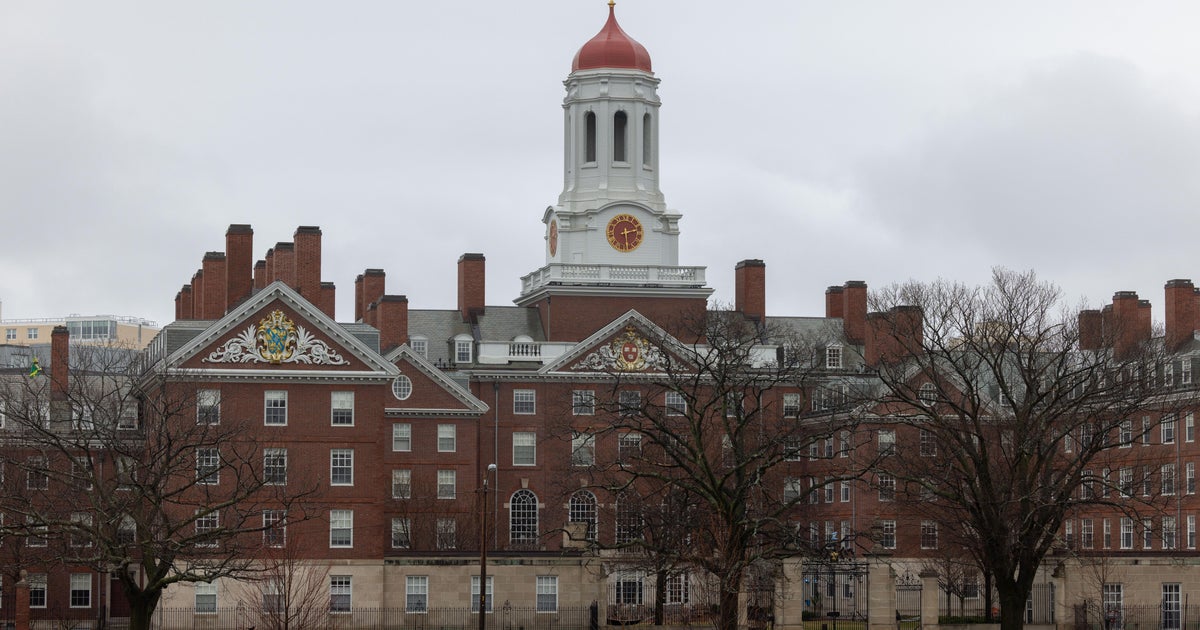Reggie Bush: Heisman Return Doesn't Equal Guilt
METAIRIE, La. (AP) -- Reggie Bush said Thursday that his decision to relinquish his Heisman Trophy is "not an admission of guilt," just the best way to end the controversy.
"It's me showing respect to the Heisman Trophy itself and to the people who came before me and the people coming after," Bush said after Saints practice. "I just felt like it was the best thing to do, the most respectful thing to do because obviously I do respect the Heisman. I do respect all the things it stands for."
The Heisman Trophy Trust had discussed reviewing Bush's eligibility for the award after an NCAA report concluded that Bush and his family had improperly accepted cash and gifts from sports agents while Bush was playing for Southern Cal.
Bush said he thought returning the award was the best way to move forward.
"I felt just to kind of silence all the talk around it, all the negativity around it - I felt like this would be the best decision to do right now so I could focus."
Bush was the landslide winner of the Heisman following a highlight-filled 2005 season in which he piled up 2,890 all-purpose yards and helped lead USC to the BCS national title game, which the Trojans lost to Texas.
Bush is now the first winner in the 75-year history of the Heisman - one of the most prestigious prizes in American sports - to forfeit the award.
"I feel like he's tried to put himself in a position to do whatever he can do to help the situation," said Saints defensive tackle Sedrick Ellis, also a former USC teammate of Bush. "He's always been a good guy as long as I've known him at USC and here in New Orleans. ... Hopefully (people will) finally leave him alone about it. It's five or six years ago. We need to let it go and move on."
Coach Sean Payton said Bush has "matured a ton here since we drafted him" and has "the full support of the players in the locker room."
"I know that he feels like this is a family - a close-knit family - and for him, just like the rest of us, it's about winning championships," Payton said. "He's done that once already and we're aspiring to win more."
Bush said he consulted family and some associates before forfeiting the Heisman, a move some of those close to him opposed.
"My mom and dad didn't want me to give it back," Bush said. "That's just the motherly and fatherly nature of parents. They understand it at the end of the day. They understand I'm a grown man and I've got to make my own decisions and this is a learning experience for me and anybody else coming after me. ... All I can do is grow stronger from here."
Allegations that Bush and his parents had accepted improper benefits while he was still an amateur athlete surfaced in 2006 and the NCAA began a years-long probe into the matter soon afterward.
The probe concluded this year and the NCAA in June cited USC for failing to monitor its athletes closely enough and punished the Trojans football program severely. The NCAA imposed a two-year postseason ban on USC and reduced scholarships.
While not admitting to anything in the report, Bush has said he regrets that his actions in some way led to sanctions against USC and caused controversy around his title of Heisman winner.
"I'm not happy this happened," Bush said. "This is just a part of life. This is a part of growing pains and becoming more mature. You learn. You grow. You get better. You get stronger and hopefully you never make those same mistakes again.
"How do I clear my name? I don't know. I'm not sure. This is the first time I've been in this situation," Bush added. "I've obviously got to brainstorm and get together with my team and see what we can do. I'm here to lend a helping hand to USC and any time they need me and any time I can do something to help them, they know I'm just a phone call away."
Bush said he hopes putting the matter behind him allows him to focus more on things like helping the Saints defend their 2009 championship.
"All I can do is focus on the future and move ahead and move on with my life and try to continue to help the New Orleans Saints win games, every year, year in and year out and be a constant contender in this league," Bush said.
Bush said he also wants to start a program to help high school and college athletes deal with the pressures and temptations that come when their ability provides them celebrity and fame before they've turned pro.
"You're still a kid, but you're still asked to make adult decisions," Bush said, alluding to a handful of college teams - including North Carolina, Alabama, Georgia and South Carolina - dealing with probes into whether their players had improper contact with agents.
"Whatever the NCAA has, whatever programs they have, aren't working and it needs to be changed. If it's not changed, it's going to continue and it hasn't stopped yet," Bush said. "It's going to continue year after year after year and you're going to see kids be ineligible. You're going to see great athletes missing their junior and senior year and seasons because the system doesn't work.
"Obviously something has to be changed. You've got universities making millions of dollars off these kids and they don't get paid. The majority of college athletes who come in on scholarship come in (with) nothing. That's where you have a problem. You're making all this money off these kids and you're giving them crumbs and then you're surrounding these kids with money and telling them not to touch it."
© 2010 by STATS LLC and Associated Press.
Any commercial use or distribution without the express written consent of STATS LLC and Associated Press is strictly prohibited.
